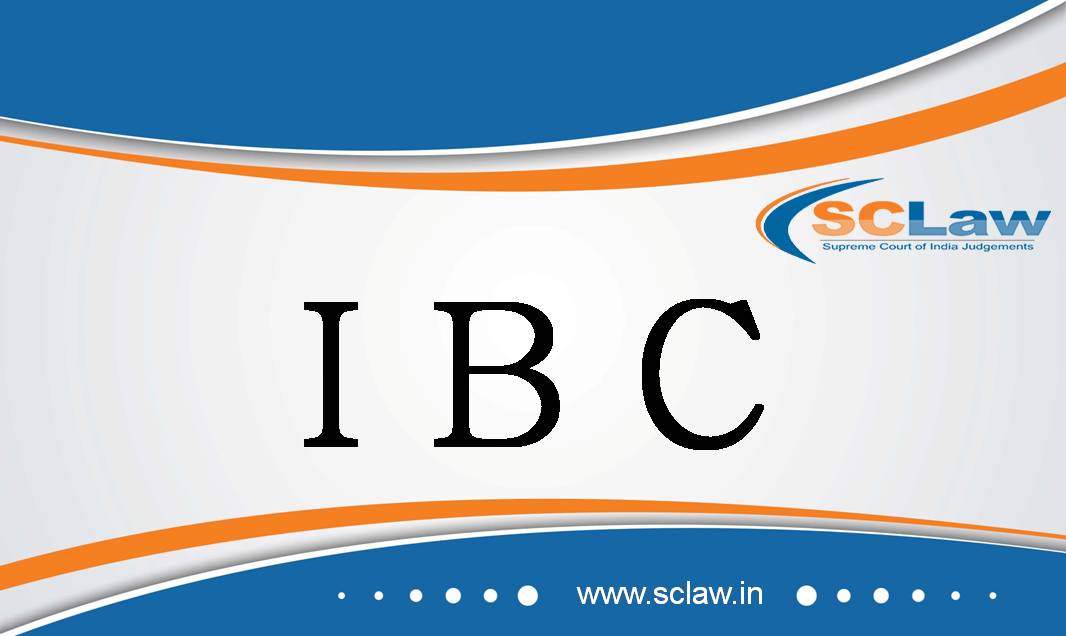Insolvency and Bankruptcy Code, 2016 – Distribution of the assets – Companies Act, 2013 – Sections 326 and 327 of Companies act shall not be applicable – the distribution of the assets shall have to be made as per Section 53 of the IBC subject to Section 36(4) of the IBC, in case of liquidation of company under IBC
SUPREME COURT OF INDIA DIVISION BENCH MOSER BAER KARAMCHARI UNION THR. PRESIDENT MAHESH CHAND SHARMA — Appellant Vs. UNION OF INDIA AND OTHERS — Respondent ( Before : M.R. Shah…


